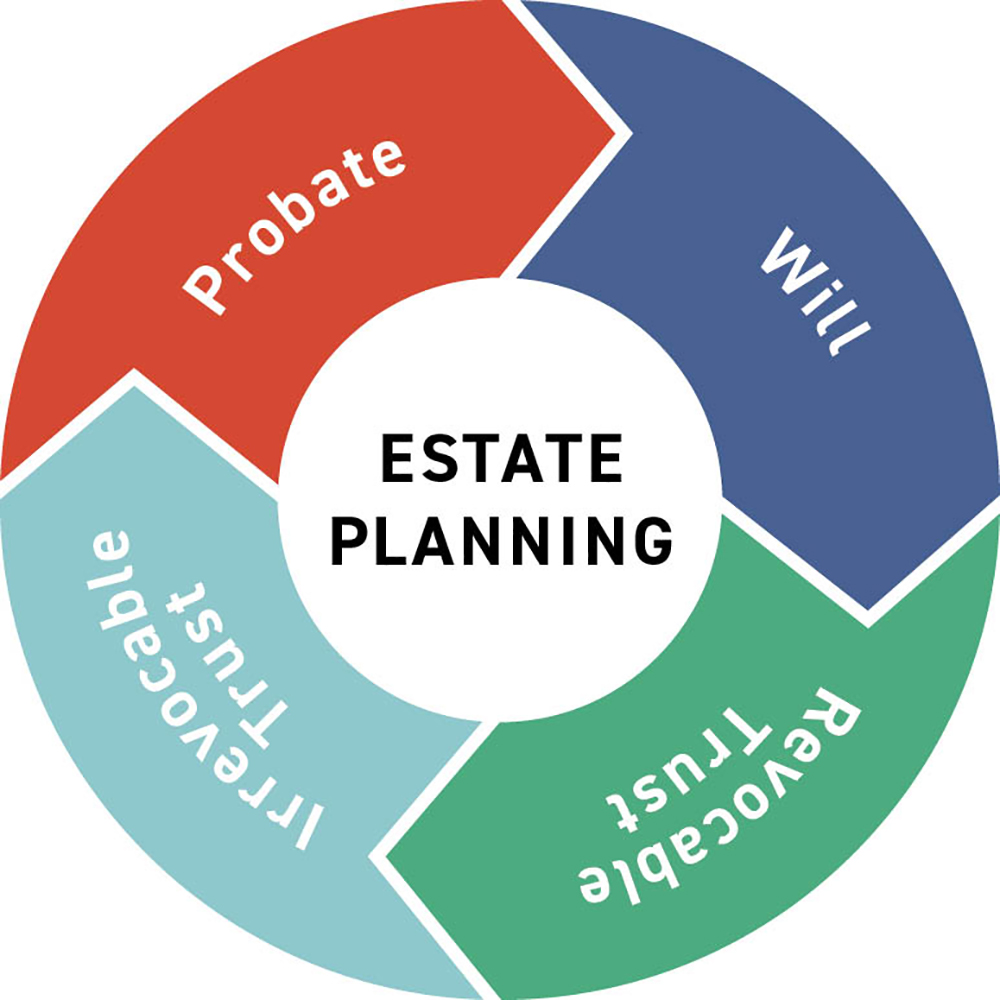
The generation-skipping transfer tax (GSTT) is another transfer tax akin to the gift and estate tax.
WHAT IS THE GSTT
The GSTT applies to all transfers made by gift or inheritance to any person considered a “skip person”. A skip person is someone who is at least two generations below you. The most common skip person is a grandchild because you’re skipping over your child.
One example would be writing a $30,000 check to a grandson for a down payment on a house. This gift would skip your own child, thus avoiding the possible gift tax that would apply if the gift had passed from you to your child and then from your child to your grandchild. Therefore, it is subject to the GSTT.
The GSTT ensures that grandchildren end up with the same value of assets that they would have had if the inheritance was transferred to them directly from their parents rather than their grandparents.
LIMITS
A taxpayer can gift up to $17,000 tax-free to a recipient in 2023. And the total estate and gift tax exemption is $12.92 million. Only the value of the taxpayer’s estate at death that is over this exemption amount is subject to the GSTT. Any GSTT due is paid by the donor’s estate.
THE FUTURE
The provisions relating to the GSTT exemption in the current tax law will sunset at the end of 2025. This means that as of January 1, 2026, the GSTT exemption will revert to the amount that was allowed under the law effective in 2017 (an inflation-adjusted $5 million, or about half of what is currently allowed). Therefore, if you are considering taking advantage of the higher current exemption amounts, the time to do so is limited, unless Congress acts to change the law once again.




